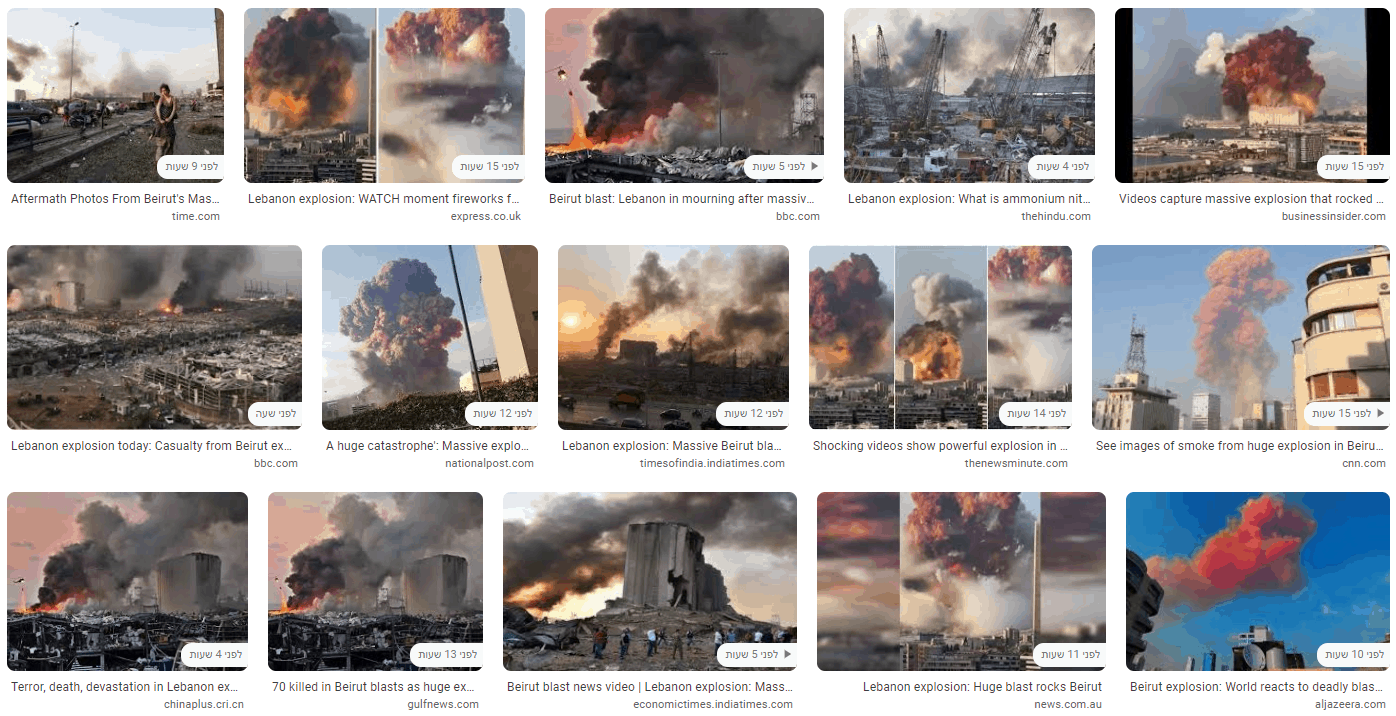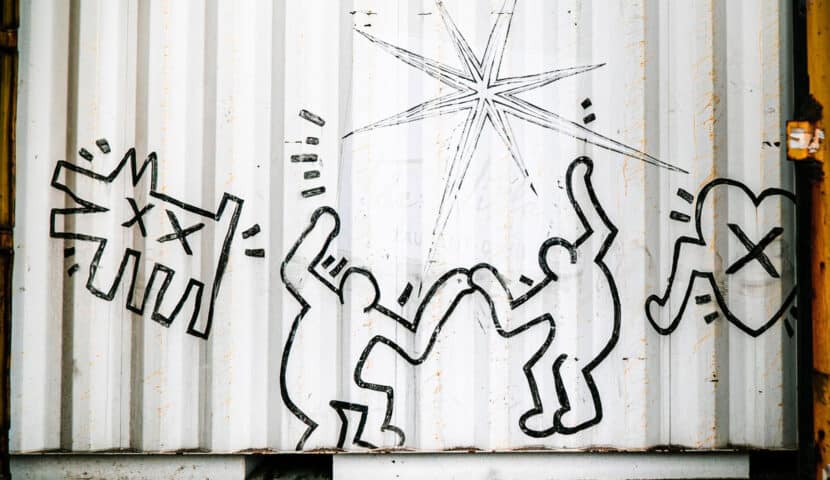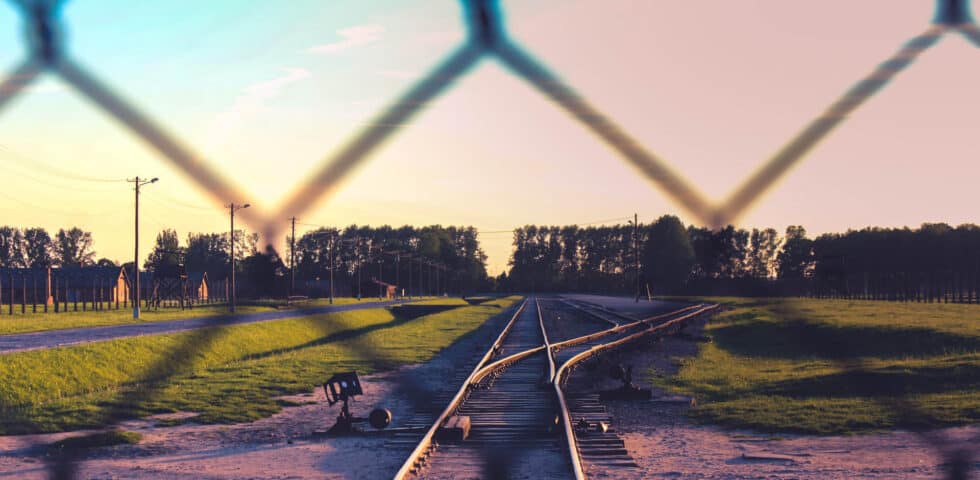The Lebanese Crisis

A fierce explosion rocked Beirut, the capital of Lebanon, on August 4, 2020. At the time of this writing the scale of the catastrophe was not yet fully known. Thousands were hurt and entire neighborhoods collapsed. The Lebanese prime minister declared a state of emergency and a national day of mourning.
Lebanon is in crisis.
But the crisis began long before the explosion; it began even before the coronavirus. Actually, Lebanon has been in a state of political-economic crisis for years, a situation that only got worse in the past months.
An article published by the Ofek Project explained that “the Lebanese economy is in a depression, the Lebanese pound is crashing, and the political protests that stopped because of the coronavirus crisis have resumed forcefully and loudly. As happens during crises, this crisis too is sparking a political discourse about changing the status quo, especially changing the sectorial-political structure that has existed in Lebanon for the last decades.”
The article written by Ittay Mallah in late July is based on two reviews of the political crisis by Lebanese authors. Whereas the Lebanese authors are concerned the crisis might lead to a deepening of the splintering and the federalization of the country, Mallah suggests focusing attention on the social protest. In the last year a mass protest movement arose against the corruption in Lebanon, and it challenges the sectorial separatism, the greed, and the injustice in the country. Mallah concludes that “the protesters embody in their very protest an alternative to sectarianism: a new, civilian patriotism, with new and completely different agendas.”
Time will tell which way Lebanon turns, to a complete disintegration of the country or perhaps to a new civil unity. Lebanon has seen very hard times, even harder than the present ones. The recent disaster will worsen the socioeconomic pain in the country, but the political tension is also the result of proactive decisions and measures. The crises the country has undergone in the past months, and the profound public discourse, provide a glimmer of hope that Lebanon will come out stronger and embark on a path of recovery. Its neighbors and other countries in the region and the world may, for a change, play a positive role in this process.




